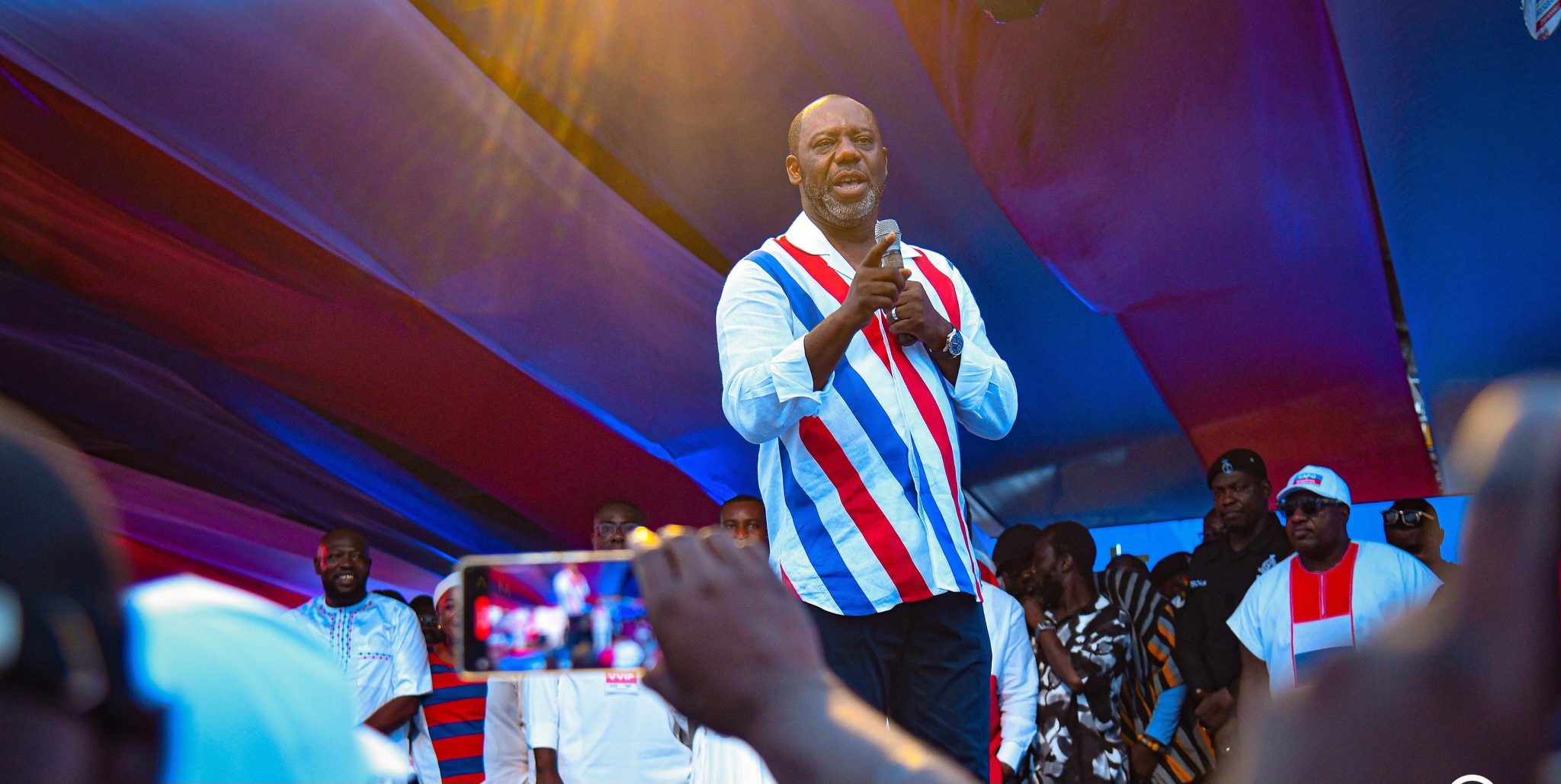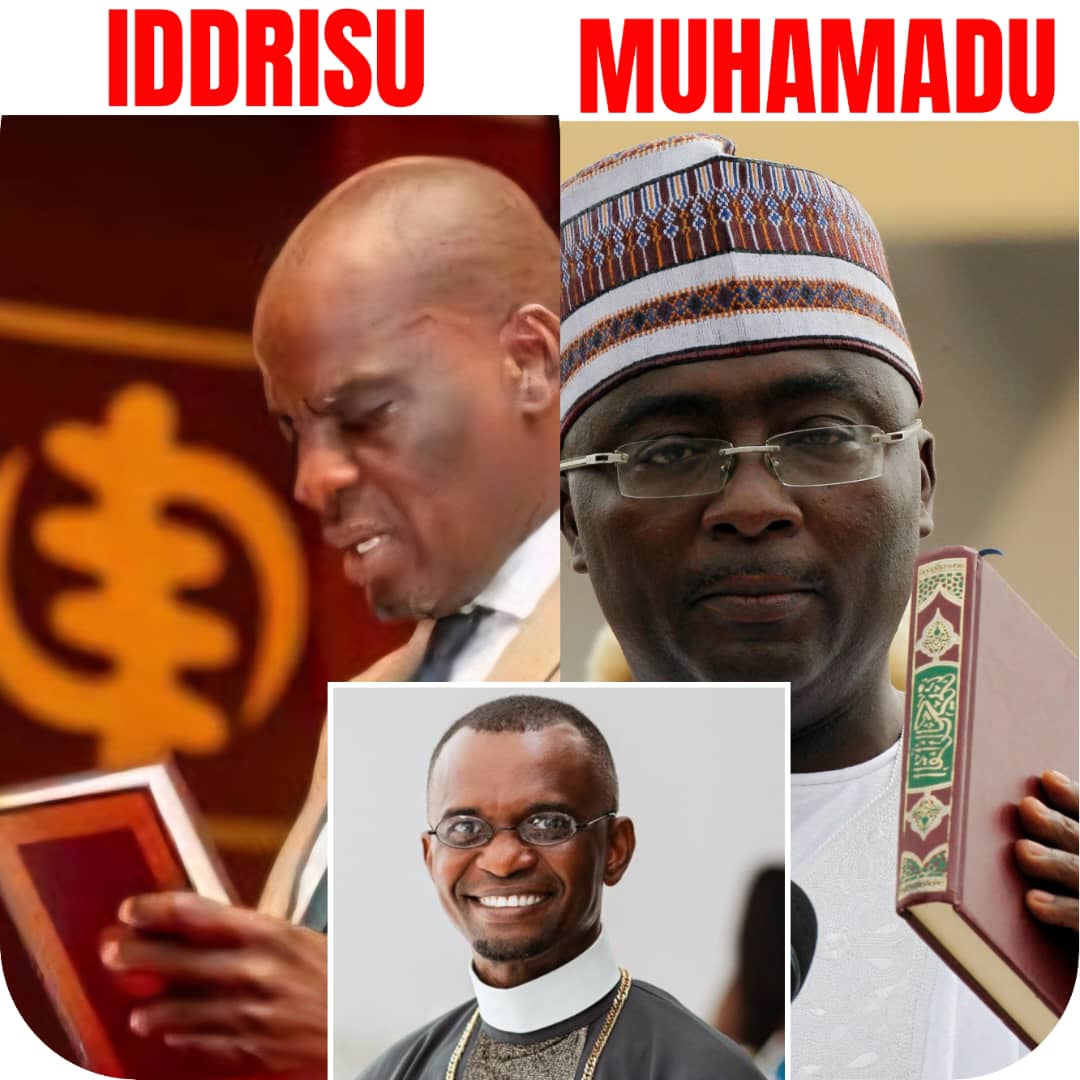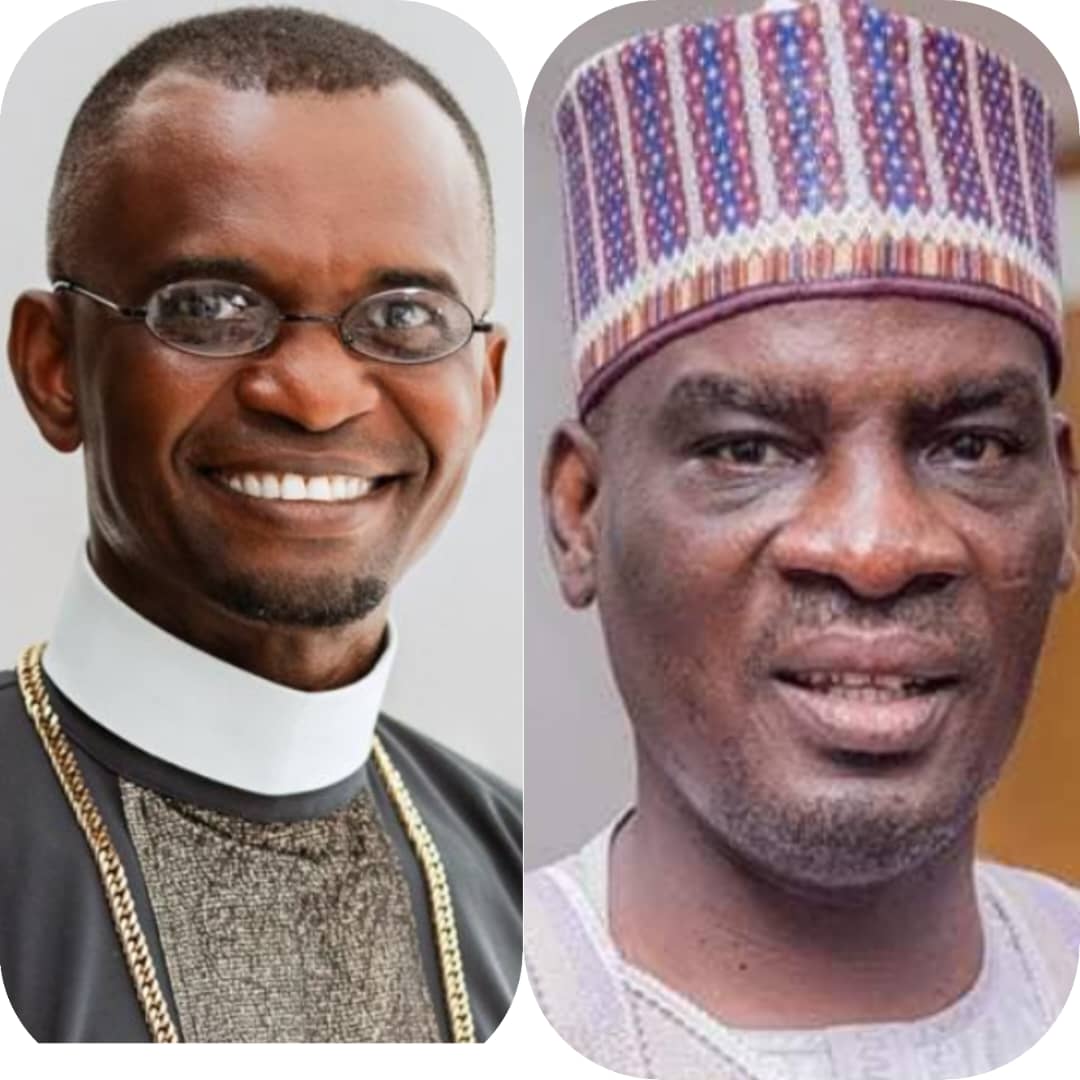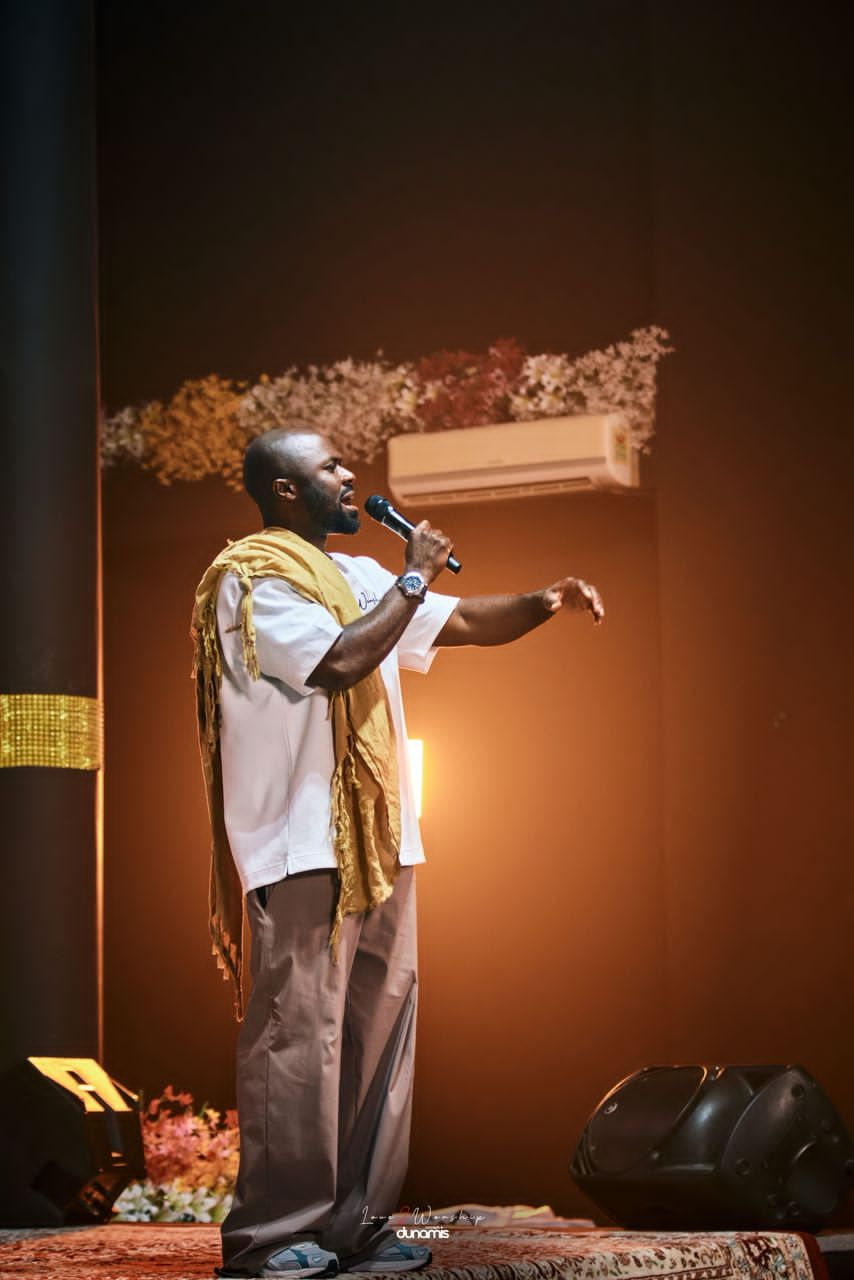
He insisted that his comments reflect the truth and criticized the current political climate where, according to him, honesty is often labeled as disrespect while deceit is celebrated.
Dr. Opoku Prempeh expressed his long-held desire to visit Tetrete Okuamoah Sekyim, noting the significance of finally making the trip.
He thanked the chief for his prayers and support during his inauguration and emphasized the critical need to reintegrate chiefs into Ghanaian politics in a manner that respects their traditional authority and roles.
Napo clarified that his call was not for chiefs to engage in partisan politics but to be recognized as vital partners in national and local development efforts.
He echoed the conviction of Dr. Mahamudu Bawumia, the NPP’s presidential candidate, that traditional leaders should be seen as essential contributors to the country’s progress.
During the visit, Dr. Opoku Prempeh also introduced Ernest Acheampong, the NPP parliamentary candidate for Wasa Amenfi, and sought the chief’s prayers and support for his candidacy.
The controversy over Napo’s comments has seen notable figures weigh in, including the Convention People’s Party (CPP), which condemned the comparison as an attempt to rewrite history. Kwame Jantuah, the party’s Political Affairs Chairman, questioned the basis of Napo’s claim, highlighting Dr. Nkrumah’s unparalleled contributions, such as the Akosombo Dam, Tema Harbour, and numerous factories and institutions still benefiting the nation today.
Former President John Dramani Mahama also criticized the comparison, describing it as misguided and insulting to the legacy of Dr. Nkrumah.
He urged the NPP to avoid stretching comparisons back to Nkrumah’s era and instead, challenge their record against more recent administrations, including his own.
Napo’s comments continue to fuel debate on the achievements and legacy of past and present leaders, reflecting deep-seated sentiments about the country’s developmental trajectory.








